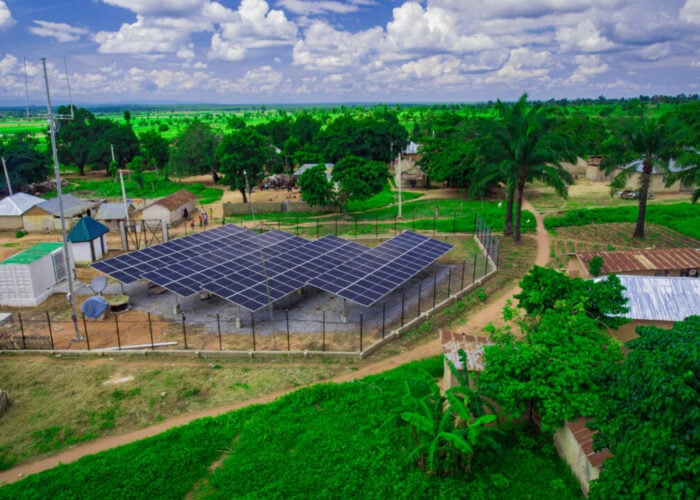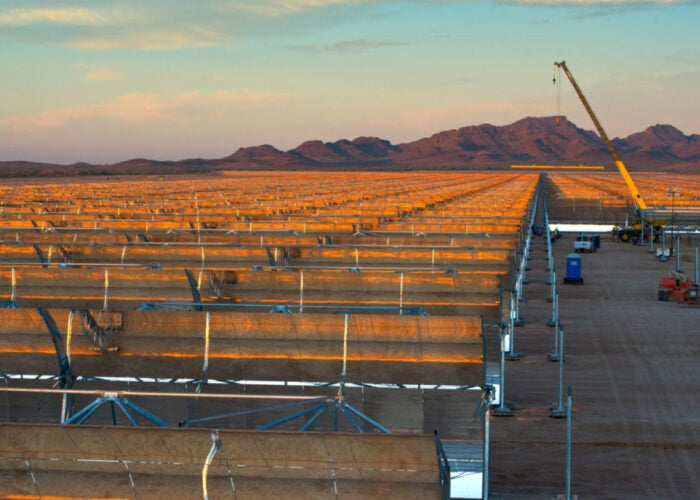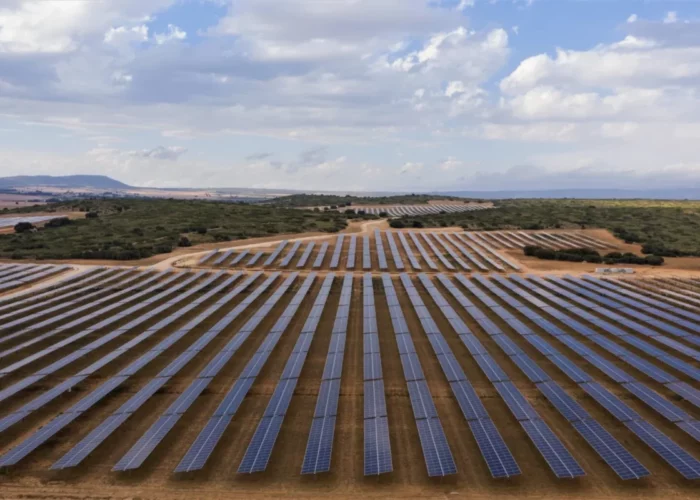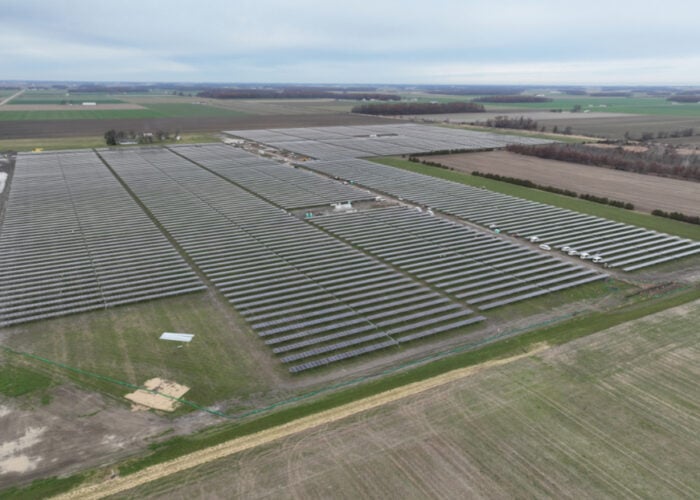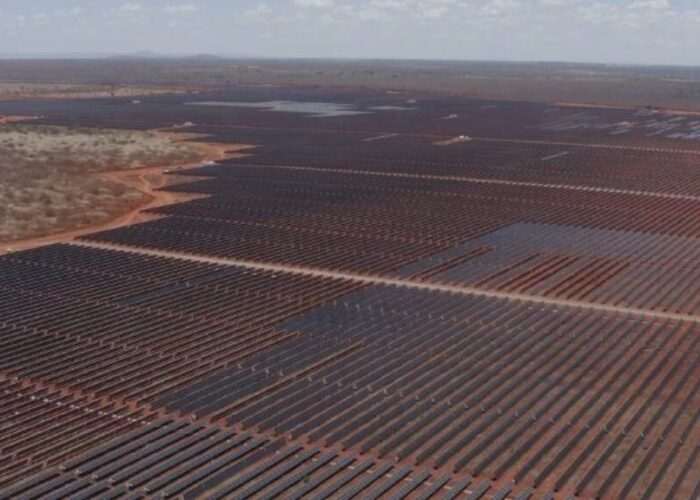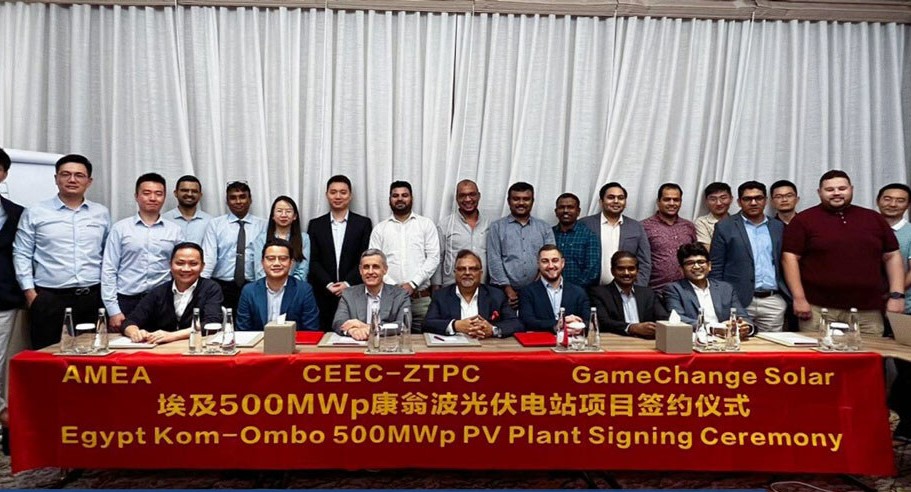
US tracker manufacturer GameChange Solar has signed an agreement with the Zhejiang Thermal Power Construction Company (ZPTC), a subsidiary of the China Energy Engineering Group (CEEC), to supply trackers to the 560MW Kom Ombo solar farm in Egypt.
GameChange Solar will supply its Genius 1P-2R trackers to the project, which is being developed by Africa Middle East Asia Power (AMEA). The trackers use a system that the company dubs “WeatherSmart”, where trackers use historic weather data to optimise solar power generation, which the company estimates can increase annual power production by up to 1.5%.
Unlock unlimited access for 12 whole months of distinctive global analysis
Photovoltaics International is now included.
- Regular insight and analysis of the industry’s biggest developments
- In-depth interviews with the industry’s leading figures
- Unlimited digital access to the PV Tech Power journal catalogue
- Unlimited digital access to the Photovoltaics International journal catalogue
- Access to more than 1,000 technical papers
- Discounts on Solar Media’s portfolio of events, in-person and virtual
Or continue reading this article for free
“We are delighted to partner with CEEC-ZTPC on this prestigious solar project,” said Derick Botha, chief commercial officer at GameChange Solar. “This collaboration reinforces our shared vision of accelerating the adoption of renewable energy sources and driving sustainability on a global scale.
“We believe our solar trackers will unlock the potential of this project, supporting energy yield and reducing the carbon footprint.”
The news is the latest encouraging development in the tracker sector, which is becoming an increasingly integral part of the global solar industry. A report published by Berkeley Labs earlier this month found that in the US, in 2022, 94% of all new solar projects were fitted with trackers, and the involvement of a US tracker manufacturer in an overseas solar project demonstrates how this growth is being replicated around the world.
Yet this greater interest in tracking has raised a number of questions about the practice, particularly in regions with more extreme climates. Tracker manufacturers are acutely aware of the need to protect their products against the environmental conditions in which they operate, but it remains to be seen how effectively GameChange Solar and AMEA can implement trackers at a project in such an arid environment, and at such a scale.


